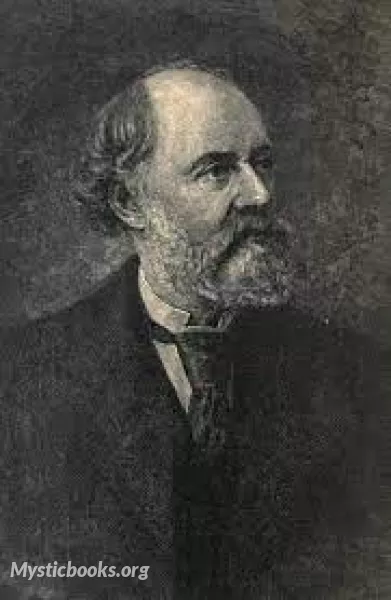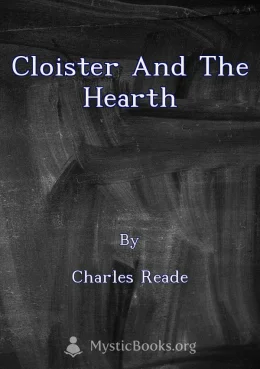
Timeline
Title
Country/Nationality
Charles Reade
Charles Reade, a renowned English author and playwright, left an indelible mark on the literary world with his captivating storytelling and firm commitment to social justice. Born on June 8, 1814, in Ipsden, Oxfordshire, Reade's works explored themes of morality, injustice, and societal issues, captivating readers with his unique style and vivid characters. This essay delves into the life of Charles Reade, his principles, notable works, philosophical outlook, and his lasting impact on literature.
Charles Reade was an English novelist, playwright, and advocate for social reform. He pursued a legal career but soon realized his true passion lay in writing. Reade attended Magdalen College, Oxford, and eventually gained recognition for his literary prowess. His extensive research and detailed observations of human nature set him apart from his contemporaries, making him a prominent figure in Victorian literature.
Reade held strong principles that permeated his works. He was a vocal critic of corruption, greed, and societal injustices prevalent during the Victorian era. His writing often reflected a deep sense of moral purpose, aiming to expose societal flaws and inspire reform. Reade believed that literature had the power to effect social change, and he used his stories to shed light on the inequities of the time.
Charles Reade gained fame for his innovative storytelling techniques and compelling narratives. One of his most notable works is "The Cloister and the Hearth" (1861), a historical novel set in the 15th century that narrates the journey of a young scholar and his struggle against societal constraints. This masterpiece earned critical acclaim and solidified Reade's reputation as a skilled writer.
Another of Reade's celebrated works is "It Is Never Too Late to Mend" (1856), a social novel highlighting the harsh conditions of prisons and the need for prison reform. This novel had a significant impact on public opinion and led to real-life changes in the treatment of prisoners. Reade's other notable works include "Hard Cash" (1863), "Put Yourself in His Place" (1870), and "Griffith Gaunt" (1866).
Charles Reade passed away on April 11, 1884, leaving behind a rich literary legacy. He is remembered as a visionary writer who fearlessly tackled societal issues through his works. Reade's novels, characterized by meticulous research and a commitment to social justice, continue to inspire and influence readers today.
Reade's dedication to prison reform and his unyielding belief in the power of literature to effect change earned him widespread respect. His impact was not limited to the literary realm; his works played a significant role in raising awareness about social injustices and pushing for reforms in Victorian society.
Charles Reade's life and works stand as a testament to his unwavering commitment to social justice and his belief in the transformative power of literature. Through his captivating storytelling, he shed light on the injustices of Victorian society and advocated for meaningful reforms. Reade's notable works and his profound impact on prison reform continue to resonate with readers, solidifying his place in the annals of literature as a pioneer and a champion of social change.
Books by Charles Reade

It Is Never Too Late to Mend
This is a gripping novel that delves into the themes of redemption and justice. Written by the renowned English author in 1856, this compelling work shines a light on the harsh realities of prison life and the power of personal transformation. "It Is...

Cloister and the Hearth
The Cloister and the Hearth is a sprawling historical novel set in the tumultuous 15th century, following the journey of Gerald Eliassoen, a young scribe and illuminator. Facing persecution and loss, Gerald embarks on a perilous odyssey across Europe...

Foul Play
Foul Play is a Victorian sensation novel that follows the story of Robert Penfold, a man who is wrongly convicted of a crime and transported to Australia. After being shipwrecked on an uncharted island in the South Pacific, he meets Helen Rolleston,...